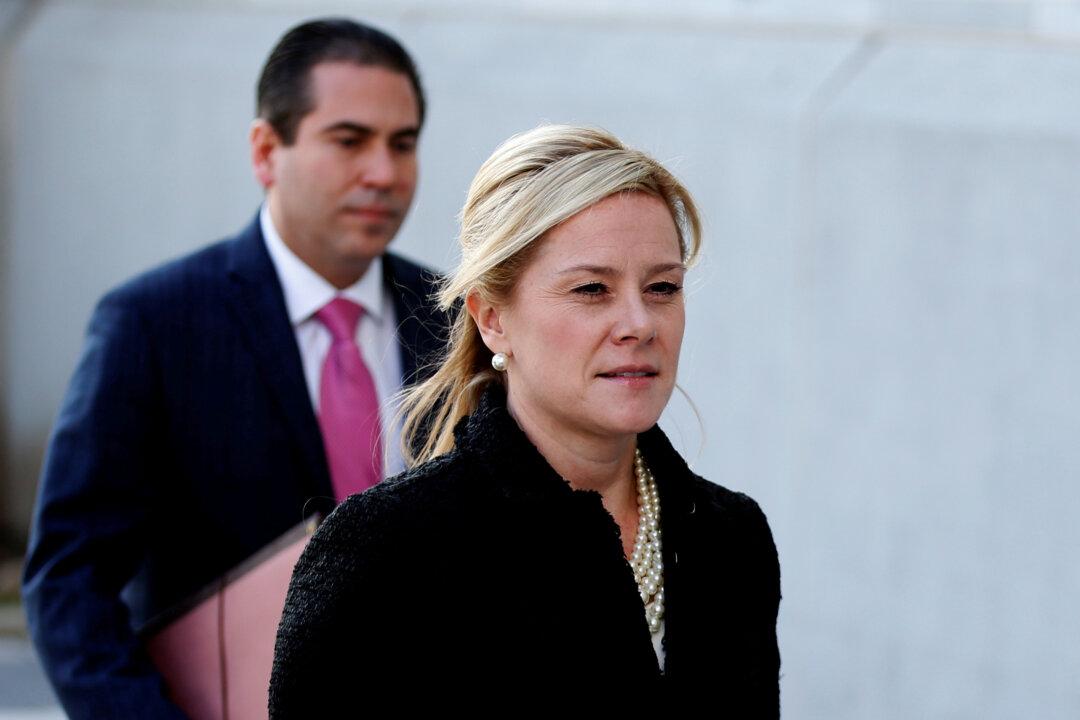The Supreme Court on Thursday unanimously reversed the federal convictions of two former New Jersey political operatives who orchestrated the 2013 George Washington Bridge lane closure scandal, commonly known as “Bridgegate.”
The top court ruled in favor of Bridget Kelly, former deputy chief of staff to then-New Jersey Gov. Chris Christie, a Republican, and William Baroni, the former deputy executive director of the Port Authority of New York and New Jersey. The pair were charged with fraud for a scheme to create traffic chaos on the frequently congested George Washington Bridge as political payback against the mayor of Fort Lee for not backing Christie’s reelection campaign.




